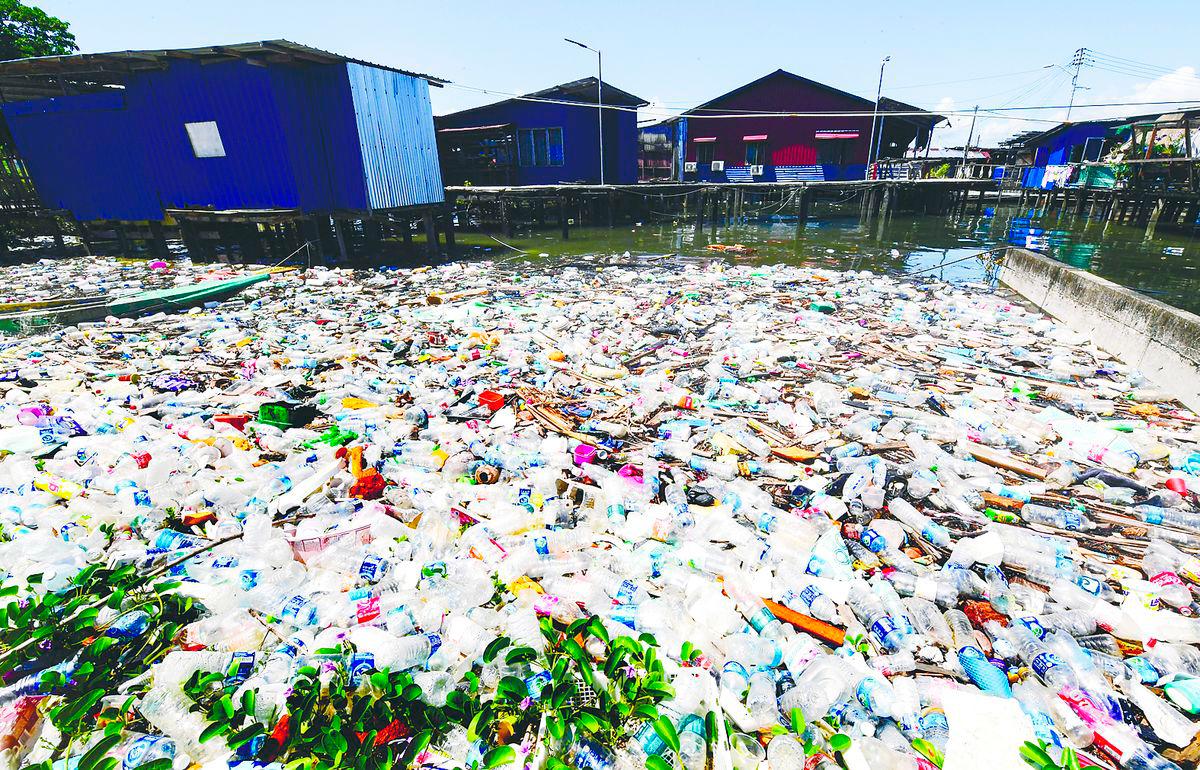PETALING JAYA: Malaysians are aware of the environmental damage caused by plastic bags, but meaningful behavioural change still lags behind, according to Universiti Teknologi Mara Faculty of Civil Engineering associate professor Dr Marfiah Ab Wahid.
“Public awareness in Malaysia about the environmental impact of plastic bags has improved significantly over the past 10 years,” she said, citing government campaigns, media coverage, school education and rising global concern as key drivers.
However, she warned that despite this awareness, many people remain attached to single-use plastics.
“Plastic bags are convenient. People understand the harm, particularly to marine biodiversity, but their habits are hard to break,” Marfiah explained.
She noted that states with strong enforcement, such as Selangor and Penang, have made progress through bans and plastic bag charges.
Malacca has also introduced biodegradable plastic policies.
Yet in areas with weaker enforcement or limited incentives, dependence on single-use plastics remains high.
Marfiah identified several barriers to change.
“The public is accustomed to receiving free plastic bags while shopping, and changing that routine feels inconvenient, especially when buying groceries in bulk,” she said.
Inconsistent enforcement and the widespread practice among smaller businesses of handing out plastic bags freely further compound the problem.
“Our culture and lifestyle also play a role, with spontaneous shopping trips and frequent purchases from night markets or hawker stalls where plastics are handed out without question,” she added.
Government efforts, however, have not been without success.
Marfiah highlighted campaigns such as “Say No To Plastic Bags” in Johor, Selangor and Penang, which have helped shift attitudes, particularly among urban residents.
“School and community programmes foster early habits among students and families, which is encouraging,” she noted.
To help Malaysia transition away from single-use plastics, Marfiah proposed a multi-pronged approach.
“First, policies replacing single-use plastic bags with reusable options must apply to all retailers, big and small, including hawker stalls and night markets,” she said, adding that mandatory charges on all plastic bags could also push consumers to change habits.
She urged for introduction of creative incentives, such as discounts for customers who bring their own bags and a continued investment in sustainable public education through community leaders, religious centres and local halls.
“Banning low-density polyethylene plastic at community events and replacing it with compostable plastics could also be a practical step,” she said.
Above all, Marfiah stressed the importance of partnerships.
“Strategic collaboration between government, industry and the public can drive meaningful, lasting change,” she said.
This could include funding research grants to better understand consumer habits, involving communities directly in policy committees and building knowledge-sharing platforms so the public feels informed and engaged.
She also encouraged the creation of local knowledge hubs where communities can learn about the 5R concept – refuse, reduce, reuse, repurpose and recycle – while running hands-on workshops to turn waste into valuable products.
“If people feel ownership of the solutions, they are more likely to participate.”.
As International Plastic Bag Free Day was marked yesterday, Marfiah reminded Malaysians that protecting the environment begins with individual action.
“We only have one planet Earth, and we cannot continue a lifestyle that destroys it. Change begins with each of us. Love the Earth and protect it from plastic pollution,” she said.









